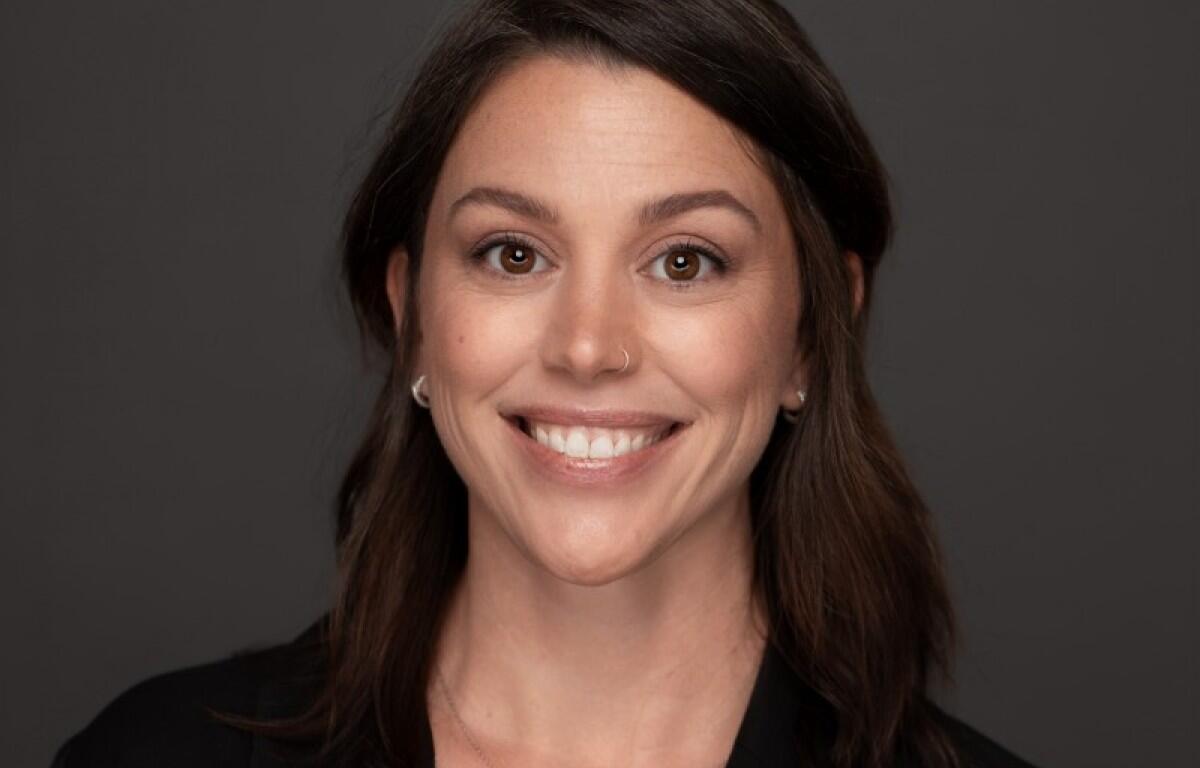Contributed commentary by the Vice President of Crisis Services at Centerstone, Kelly Bombardiere:
Launched nationally in July 2022, 988 is the three-digit dialing code for the Suicide & Crisis Lifeline, created to provide an easier, more accessible way for people experiencing emotional distress to get help.
Since its launch three years ago, the 988 Suicide and Crisis Lifeline has connected millions of Americans in distress with trained crisis professionals, answering more than 16 million calls, texts, and chats to date. Thanks to these dedicated mental health professionals, including those at Centerstone, response times have dropped dramatically, with the national average speed to answer being just over 60 seconds across all modalities. Answer rates have also improved significantly: 98% for texts, 91% for online chats, and 88% for phone calls. As a result, the 988 Lifeline is reaching more people, more quickly than ever before, helping to save thousands of lives.
While the numbers matter, the heart of 988 is the people. None of this groundbreaking work would be possible without the dedication and compassion of crisis center staff. Behind every single one of those 16 million calls, texts, and chats is a real person who is committed to providing support, resources, and being a light for others without judgment. So, thank you, crisis center professionals, none of this would be possible without you.
Working in the crisis field can take a significant emotional toll on those who do it daily. These staff sit with people through very emotionally difficult times and often find themselves holding hope for someone who may not be able to see it in that moment. In reality, the main role of a crisis worker is to listen and support — not to take on the responsibility of “fixing” the circumstance that led the individual to reach out. Our staff accept that challenge because they know the value of helping someone feel less alone.
It takes a very special person to successfully do this type of work. It requires someone who is empathetic, non-judgmental, resilient, emotionally intelligent, self-aware, and has a natural calling to help others. Crisis professionals face some of the most emotionally intense moments imaginable. In some cases, they may speak to someone who is ready to end their life, but who may be trying to find a reason to live. These challenging situations require crisis staff members to be present and steady, and to provide hope in someone’s darkest moment.
Because crisis can happen at any time, these professionals are available around the clock, knowing that help simply can’t wait. Many have a personal connection to the Lifeline’s mission, which fuels their commitment and sustains them through difficult days. Ultimately, every 988 professional is driven by a desire to help people see a path forward and to realize that they can find a life worth living and discover the possibilities ahead.
Because of the vital work they do, the mental health of these staff must be a top priority. In order for them to be the best support for the people and communities they serve, the mental health and substance use fields need to ensure that 988 staff feel supported and well cared for.
Fortunately, in Centerstone crisis center operations, there are resources available to help support crisis workers. They have 24/7 access to licensed staff they can call at any time to debrief and engage in ongoing training and mentorship programs. Part of our training includes staff identifying what a successful interaction means to them. We make sure that, throughout training and employment, every element they define is something they can control. Success is not measured by convincing someone not to die by suicide. Rather, it is measured by whether we allowed space for the person to share their story, whether we clearly and directly asked about suicide, whether we collaborated on a plan of action, and whether we offered resources, with the individual’s consent, and reminded them that 988 is 24/7/365 and that they can reach out again at any time.
Though much of their work happens behind the scenes, the impact of crisis center professionals is profound. This work can feel invisible and thankless, yet its impact is life changing. To every crisis professional who answers those interactions, stays up late, and holds space for people – we see you, we appreciate you, and we are deeply grateful for your unwavering commitment to helping others. Your compassion lights the way for so many, and your work truly makes a difference.
Kelly Bombardiere


